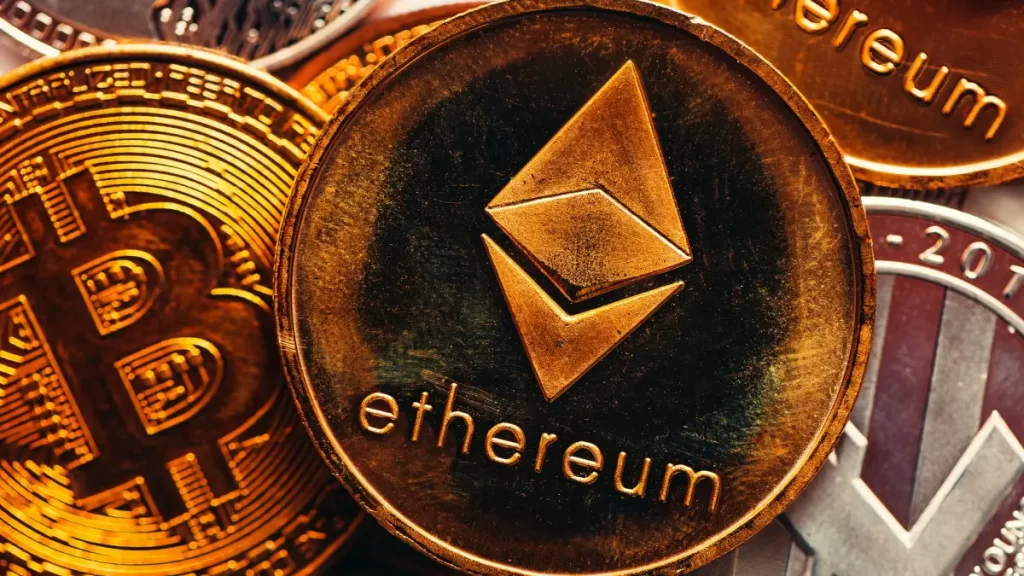The approval of spot Ether exchange-traded funds (ETFs) is seen as “implicit recognition” from the United States Securities and Exchange Commission (SEC) that Ether is not a security, according to industry experts.
This decision might have broader implications for other tokens as well.
“These are commodities-based trust shares, so the SEC, by approving these, is explicitly saying they’re not going to go after Ether as a security,” stated Bloomberg ETF analyst James Seyffart during a discussion with Ryan Sean Adams on the Bankless podcast.
Digital asset lawyer Justin Browder believes that if Ether ETFs receive S-1 approval — the final requirement for them to begin trading — then the “debate is over: ETH is not a security.”
Adam Cochran, a partner at venture capital firm Cinneamhain Ventures, suggested this approach could extend to other tokens: “ETH is a commodity, even with its current attributes.
That means we can extrapolate to A LOT of other projects what elements matter in security. Today a lot of things probably clearly became commodities, even if they don’t know it yet.”
However, Seyffart and others believe the SEC might still target those involved with staking Ether.
READ MORE: Democrats Urged, But Not Forced, to Oppose Pro-Crypto Bills FIT21 and CBDC Act
“[I think they will] try to thread this needle and say ETH itself, they’re not going to call a security but staked ETH might be a security […] and I don’t believe they’re going to give that up any time soon.” Digital asset lawyer Joe Carlasare echoed this sentiment.
“The SEC could pursue individual actors and staking as a service even with the ETF launched. I think other actions are less likely,” Carlasare told Cointelegraph.
In April, Ethereum infrastructure firm Consensys received a Wells notice from the SEC, which focused on MetaMask’s trading and staking services.
Finance lawyer Scott Johnsson noted that the SEC didn’t confirm Ether’s non-security status in its approval order, saying it “completely sidestepped” the issue.
The SEC officially approved 19b-4 applications from VanEck, BlackRock, Fidelity, Grayscale, Franklin Templeton, ARK 21Shares, Invesco Galaxy, and Bitwise to issue spot Ether ETFs on May 23.
Many ETF issuers notably removed staking in their final amendments.
Hashdex was the only ETF issuer that didn’t receive regulatory approval on the day.
However, the eight approved ETF issuers will need to wait until the SEC signs off on their S-1 registration statements before launching.
To submit a crypto press release (PR), send an email to sales@cryptointelligence.co.uk.







